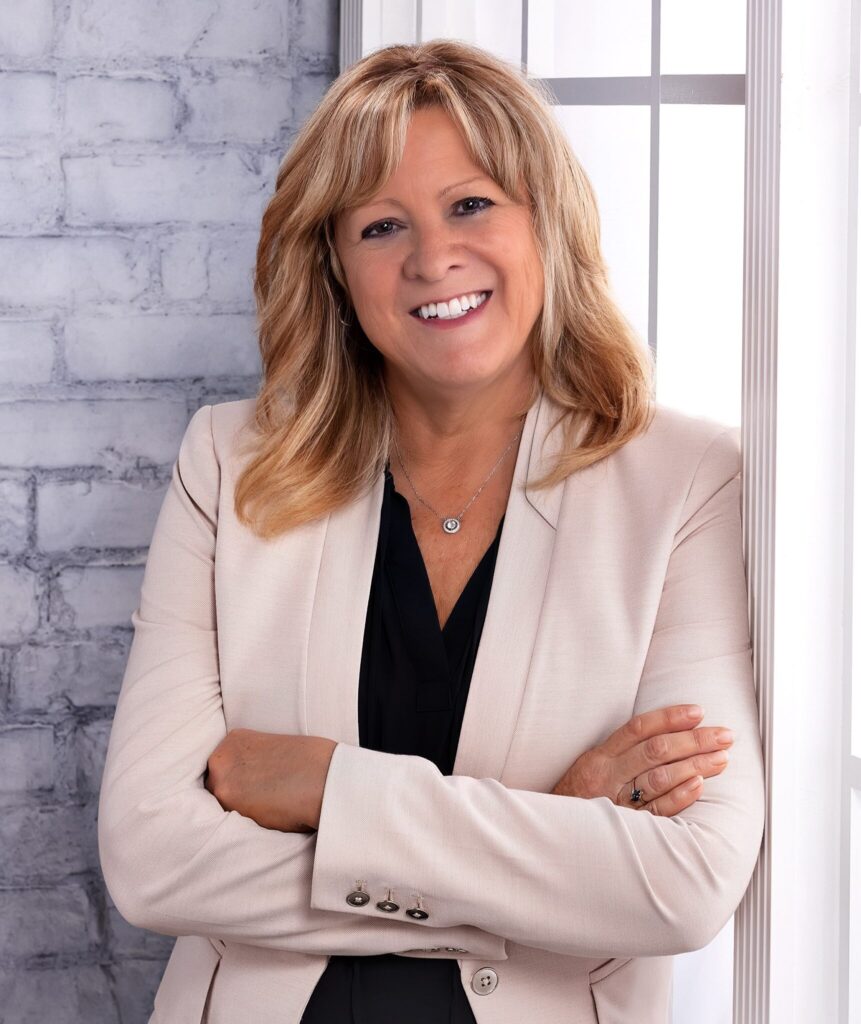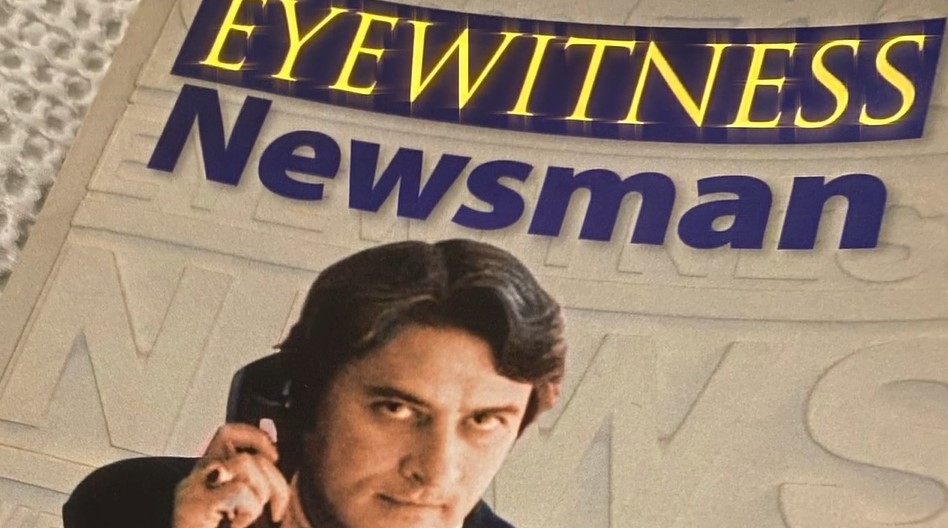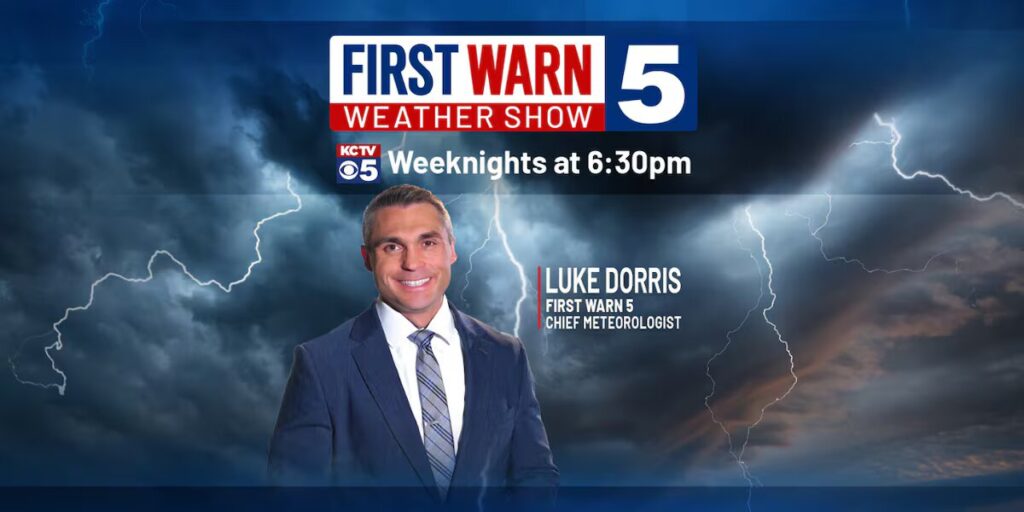 Earlier primaries and Super PACs are changing the face of the 2012 elections. For TV stations, that means gearing up political sales policies and inventory planning; the opportunity for more revenue from the political season; and the need for earlier-than-usual attention to FCC, Federal Election Commission and state political ad requirements. In this first of two parts, the ramifications of the ever-shifting primary schedule are examined.
Earlier primaries and Super PACs are changing the face of the 2012 elections. For TV stations, that means gearing up political sales policies and inventory planning; the opportunity for more revenue from the political season; and the need for earlier-than-usual attention to FCC, Federal Election Commission and state political ad requirements. In this first of two parts, the ramifications of the ever-shifting primary schedule are examined.
States Playing Musical Chairs With Primaries
The general election is Nov. 6, 2012, still more than a year away. But state primary elections are moving earlier, perhaps earlier than ever before. The schedule is still evolving, and some may even occur this year. An unofficial schedule of primary dates as they change can be found at FrontloadingHQ.
In addition, the advent of the first “Super PACs” (political action committees) spawned by last year’s Citizens United Supreme Court decision raises the ante on non-candidate political ad spending in primaries and the general election. Unlike traditional PACs subject to spending limits and other restrictions, Super PACS can collect and spend unlimited funds from corporations, unions and individuals for ads that directly support and attack candidates, as long as the ads are not coordinated with candidates.
In combination, earlier primaries and Super PACs are changing the face of the 2012 elections. For TV stations, that means gearing up political sales policies and inventory planning; the opportunity for more revenue from the political season; and the need for earlier-than-usual attention to FCC, Federal Election Commission and state political ad requirements.
This article looks at early primaries with pointers on how they may impact broadcasters and their compliance with FCC rules. Next week, a follow-up article will tackle Super PACs and how to handle them.
The “frontloading” of primaries. Despite strict schedules set for presidential primary elections by both the Republican and Democratic National Committees, there is a rush by states to jump to the front of the primaries calendar. In general, state Republican parties have been more active on this than their Democratic counterparts, because no Democrat has announced a challenge to President Obama’s re-election campaign, and Republicans have a volatile contest by several candidates for the presidential nomination. For that reason alone, this article contains more Republican than Democratic party examples.
National Committee guidelines allow only the four traditionally first “carve-out” states — Iowa, New Hampshire, Nevada and South Carolina — to hold primaries earlier than March 2012. Those four initially set their 2012 primaries for February 2012. Arizona and Michigan were the first to leap-frog that, scheduling their contests for Feb. 28.
Recently a growing number of other states, eager to gain influence by anointing favored candidates early in the primary process, could force the “carve-out” states to move their primaries, perhaps even to late 2011, to maintain their historic “first” position. The drive to be first stems from the perception that designating a winner early on will separate a leading candidate from the others for the rest of the primary races.
Candidates have traditionally spent more money on advertising and campaigned harder in early primary states. State officials and politicians outside the favored four are eager to gain the influence associated with this increased attention, and to bring campaign-related revenue to their constituents’ businesses.
In some states the state secretary or an appointed commission sets the primary date. In others it is done by state political parties, which can result in different dates for the Democratic and Republican contests.
States that “jump the gun” can be penalized by their state party committees. For example, in 2008 Florida advanced its primary and was penalized by both parties. The penalty was counting only half the votes of the state’s delegates to the parties’ national nominating conventions. This year, Florida moved its primary to Jan. 31, 2012, effectively forcing the nominating process to begin a month ahead of schedule. South Carolina then moved its Republican primary to Jan. 21, which may push the three earlier states back to this December.
Still other states may try to advance their primaries while avoiding party sanctions by holding non-binding caucuses instead of primaries. Delegates to those are not bound to vote by the caucus results. Minnesota Republicans and Missouri have set non-binding caucuses for Feb. 7, and Maine Republicans will hold theirs from Feb. 4 to 11. The parties hold their contests on different dates in states such as Colorado, where Republicans are moving their non-binding caucus up to Feb. 7. In addition, Georgia, Missouri and North Carolina have said they will move their dates, but as of this writing have not.
Iowa and New Hampshire continue their decades-long defense of their status as the first caucus and primary. The Iowa GOP Chairman has said “Iowa will be first…. The only question is the date….” New Hampshire’s state secretary said the state’s primary could be before Christmas to ensure it is the country’s first. South Carolina’s GOP chairman announced that his state will move its date forward to ensure it is the first in the South, “no matter what it takes.” Nevada has just moved its primary date to Jan. 14.
The forward moves are not only a matter of pride and revenue for the four carve-out states, but are required by some state requirements. Iowa law sets its caucus at least eight days prior to the next contest; the New Hampshire primary must be at least seven days before the next one; and Nevada’s GOP rules set its caucus for four days later. That sets up a conflict with New Hampshire. It seems likely that this interdependent chain will push Iowa back to early January or into December 2011.
All this may be reminiscent of a butting-in-line dispute, but it has important near-term implications for television and radio.
Here is a non-exhaustive list of things to keep in mind and in the good graces of the FCC:
- Stay informed of primary date developments in the states your stations serve.
- As in every election, plan in advance to accommodate requests for ad time by candidates for federal office. This year, when the primary and caucus season may spill into December, stations presently selling long-term contracts for advertising that will continue until the end of the year must keep in mind the accelerated election timetable.
- Each federal candidate has a personal right of “reasonable access” to airtime. Practically speaking, a station cannot simply say “no” to federal candidate requests for time, though the station does not have to provide the candidate exactly what he or she requests. Stations can (and should) negotiate with the federal candidate. For example, the station may offer time that is comparable in audience reach to, but not identical to, what the candidate requests in terms of amount of time and placement of ads.
- Lowest unit charge applies to ads run by legally qualified candidates for any public office during the 45 days before a caucus or primary election, and during the 60 days prior to the general election. For a primary in December, the lowest unit charge period would start in November, possibly before Thanksgiving.
Don’t forget to tune in next week for a discussion of Super PACs.
This column on TV law and regulation by Michael D. Berg, a veteran Washington communications lawyer and the principal in the Law Office of Michael D. Berg, appears periodically. He is also the co-author of FCC Lobbying: A Handbook of Insider Tips and Practical Advice. He can be reached at 2101 L Street, N.W., Suite 1000 Washington, D.C. 20037; [email protected]; or 202-530-8560. Read more of Berg’s Legal Memos here. Georgetown University Law Center legal intern James Kleier Jr. contributed to this article, [email protected].
Note: This column provides general guidance only and is not a substitute for individualized legal advice for particular situations.


























Comments (4)
Audrey Johnston says:
October 7, 2011 at 10:10 am
The story states that the ‘Lowest unit charge applies to ads run by legally qualified candidates for any public office during the 30 days before a caucus or primary election’. Previously, the period was 45 days prior to the Primary, has this changed to 30-days?
Price Colman says:
October 7, 2011 at 11:07 am
No, it’s still 45 days, article’s being corrected, sorry.
ANGELA WILDER says:
October 7, 2011 at 2:29 pm
FYI, New Hampshire vehemently protects it’s status,as it should. NH was the first state to shun party politics and allow the electorate to select the candidate. They came up with the presidential preference primary, which was later copied by other states. Being first, they deserve to remain first.
len Kubas says:
October 7, 2011 at 5:14 pm
a non-argument if there ever was one.